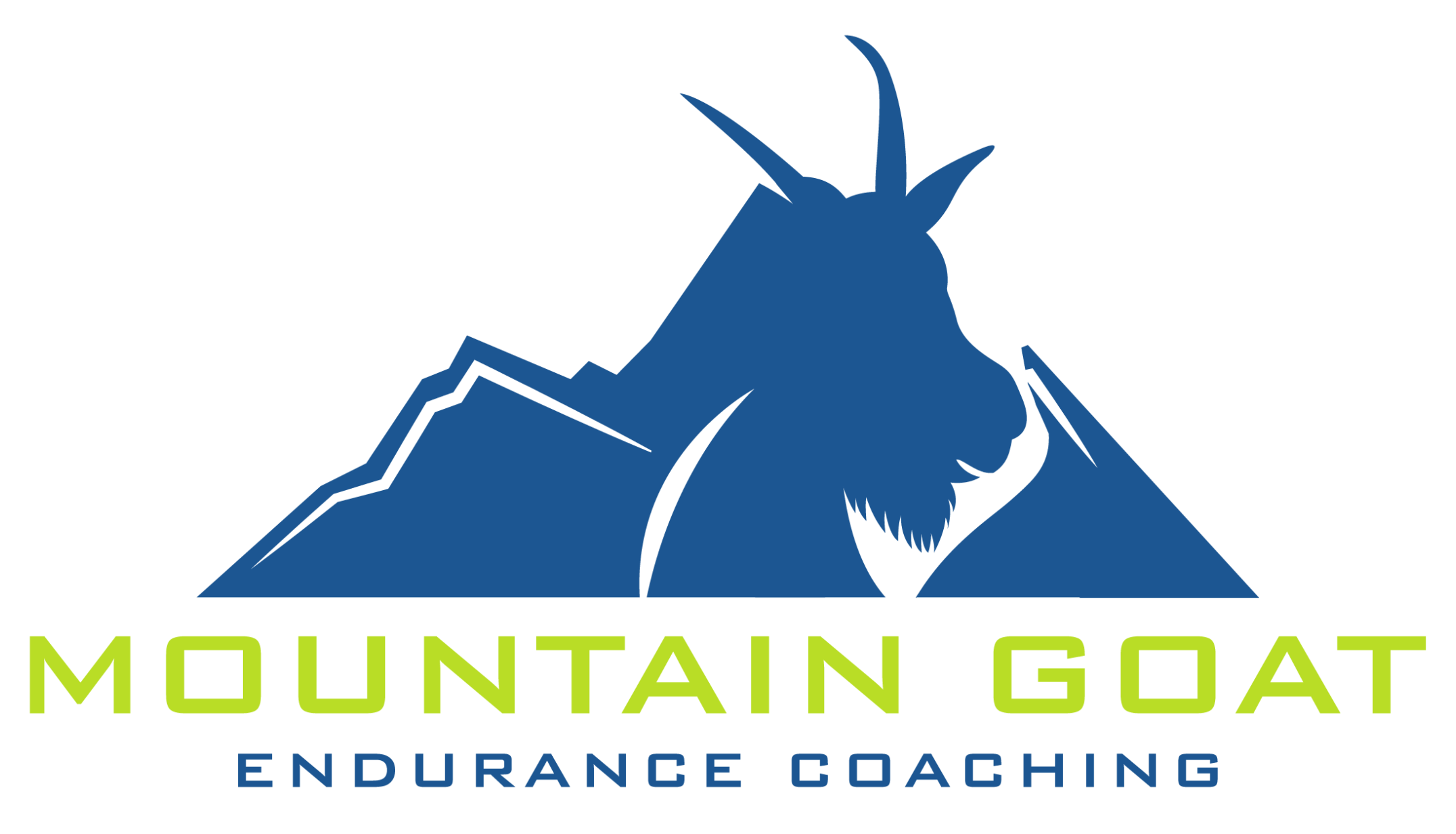Every time someone comes in to train with me at the gym, I ask them about soreness.
I want to know both how sore they feel that day and how sore they felt directly after our last training session.
Because soreness – for all of the things we might hear about it on the internet – is actually a pretty useful metric to determine how your training’s going.
After a hard session, you might expect to be a little sore.
If you’re not, that’s okay.
It doesn’t mean you didn’t get any benefits.
It doesn’t even necessarily mean you need to go harder.
But for most people, most of the time, it can be a helpful signal as to how hard you worked.
Now, when I say a little sore, I do mean a little.
If you’re struggling to get up and down from the toilet or shrieking in pain when you try to sit up, that’s too much.
That level of soreness is not only unpleasant, it’s also unnecessary.
You don’t have to feel like shit to make progress.
It also limits your ability to perform well during your next training session, which will ultimately lead to less long-term progress anyway.
So again, a little sore is appropriate.
Not a lot.
With one note…
If you haven’t done a specific exercise in a while, you’re probably going to feel more sore than usual.
For example, this past Monday, I did my first squat session in about a month (sickness, then tapering, then recovery…)
The past couple of days, my quads have been pretty wrecked.
They’re not ruined.
I’ve still been able to run.
I’ve still been able to go about my daily life.
They’re just a lot more sore than is necessary to indicate progress.
At least for me.
Yet I guarantee nothing’s actually wrong.
It’s just my first week back to lifting.
Next week, I’m not going to change anything.
I’m going to do the same workout with the same weight and I know I’ll feel a lot better.
Soreness is a signal.
If you’re not used to it, it can be a little jarring.
But it’s not bad.
You can train through soreness.
You just have to be a little smart about it.
Do you want to ruin your legs then go do a speed workout?
Probably not.
You’re not going to get the benefits of that speed workout.
But is it okay to lift heavy enough that you’re a little sore the next day then go for a nice, easy run?
Absolutely.
The soreness won’t take anything away from the benefits of an easy run and it might actually help you recover even faster.
Like most topics in fitness, I tend to see people fall into two camps on the internet.
Camp 1: All soreness is bad and we should avoid it at all costs.
This is silly.
While you don’t have to be terribly sore to be making progress, some soreness is reasonable if you’re working hard.
Camp 2: If you’re not struggling to move the next day, you didn’t work hard enough.
Also silly.
I have plenty of people who rarely feel sore and have made tons of progress.
People’s bodies are different and they respond differently to fatigue.
You don’t have to be hobbling around with a cane for your squats to have been effective.
Soreness is fine.
It’s not something we need to avoid like the plague.
A little soreness can be a signal that you worked hard and it really won’t take anything away from your ability to train.
Yet it’s also not something we need to chase.
You don’t have to feel sore to make progress.
When it comes to athletic training, the performance is always the target.
If you’re running faster and lifting heavier… that’s progress.
Not how your muscles felt the following day.
